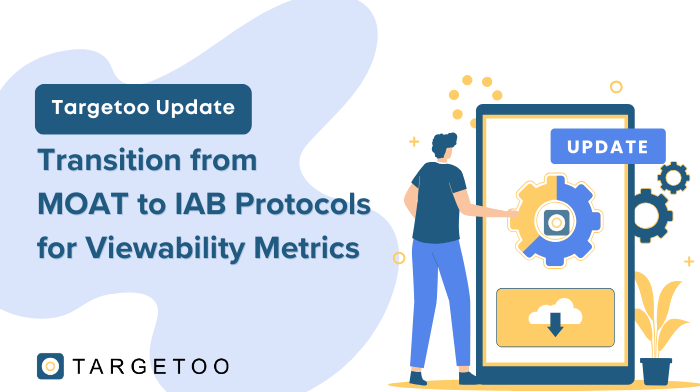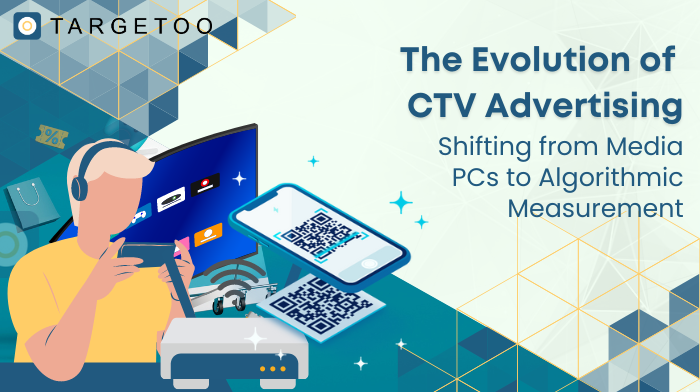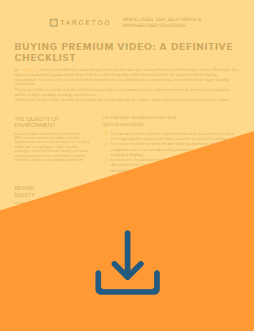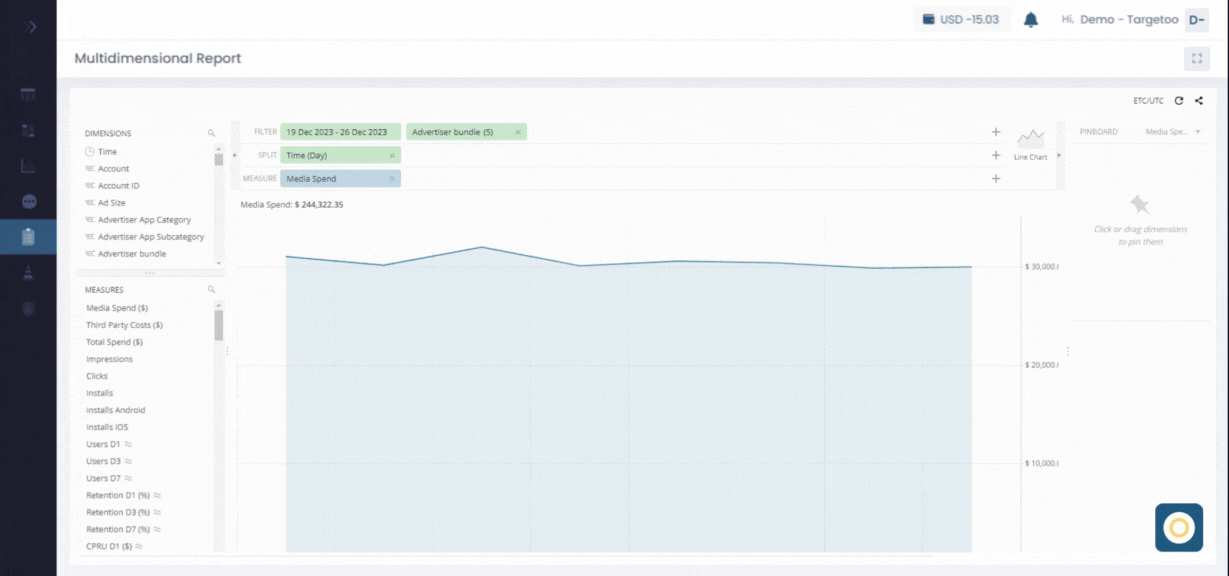Does Bidstream Data Work Without Cookies from Third Parties?
Many advertisers are naturally concerned by Google's declaration that it will phase out third-party cookies in 2023. After all, how will they run personalised adverts for their clients and prospects if the vehicle on which they have long relied is no longer available?
But it's not all bad news. A closer examination of bidstream data reveals that advertisers will still be able to gain valuable information from customers without jeopardising privacy norms.
An individual who is looking up painting techniques on an online art blog, for instance, will have their location listed in the bidstream information the blog's SSP sends to the DSP for a number of physical art supply stores. If one of those shops is even close to the site visitor, their paintbrush advertisements will be a perfect fit.
Similar to how other data essential to bidstream data, like the device a site visitor is using, may be used to help advertisers target their ads, depending on the content they are viewing. In other words, the removal of third-party cookies won't affect a publisher's or advertiser's ability to present pertinent content.
What Can Be Done With Bidstream Data?
As we've seen, the nature of bidstream data enables marketers to focus on particular target markets. Even though such targeting may be significant, something much more fundamental underpins the utility of bidstream data.
Bidstream data successfully provides advertisers with information about the most fruitful bidding areas by recognising site visitors according to location data. Advertisers are therefore able to concentrate more intently on who they wish to target and how once they have determined where possible prospects may be.
From the standpoint of a publisher, the malleability of bidstream data—the ability to separate a given stream of data into several categories that will be useful to advertisers—is what makes it useful.
In this way, bidstream data may be utilised to upsell a publisher's ad inventory, depending on how it is parsed. Publishers can, for instance, provide ad space on websites with a particular demographic's popularity as well as users who are more likely to purchase a particular good or service—high-value audience segments.
But publishers and advertisers aren't the only parties who can benefit from bidstream data. Such information can also be used by app developers to improve the impressions they make on their target markets.
Additionally, based on technical information like the functionality of particular browsers and URLs, businesses can use bidstream data to assess the effectiveness of particular bidding areas.
Advantages of Bidstream Data for Publishers
Publishers can increase ad unit sales by providing detailed user information and inventory. Maximizing profits from data sales can be achieved by selling data to a data management platform (DMP), which organizes audience data from various sources.
Advantages of Bidstream Data for Advertisers
DSPs enable advertisers to segment users based on data from online bidding, enabling better understanding of user reactions to content and enhancing their targeting strategies.
Advantages of Bidstream Data for Users
Bidstream data increases the possibility that consumers will see adverts that are relevant to their needs and desires.
Future of Bidstream Data
The imminent phaseout of third-party cookies may not prevent advertisers from displaying relevant ads, but the location and device-specific information in bidstream data may provide a second wind in the new third-party cookieless landscape. Tools like universal ID (UID) offer publishers more control over their readers' data, allowing them to track visitors across the internet and foster contextual advertising opportunities beyond their own sites.
Updates to the Interactive Advertising Bureau's (IAB) OpenRTB standard in 2018 have made bidstream data more secure and transparent. OpenRTB 3.0 requires publishers and advertising companies to revise their code to conform to new policies on brand safety guarantees, making bidstream safer and more transparent in terms of bid requests. The new protocol also includes an open field for identity signals, designed to adapt to new ID products. Overall, the IAB's OpenRTB standard offers a promising area for bidstream data, allowing advertisers to display ads that are relevant to their audiences.
Conclusion
Bidstream data is crucial for businesses, as it helps publishers and advertisers stay competitive in the market. By ensuring compliance with bidstream data, businesses can effectively serve their users and enhance their offerings. This data can be used to complement existing products. By harnessing this data, businesses can connect with their customers and achieve success in the competitive market.
Our partner CONNECTX offer various Bidstream solutions.








































